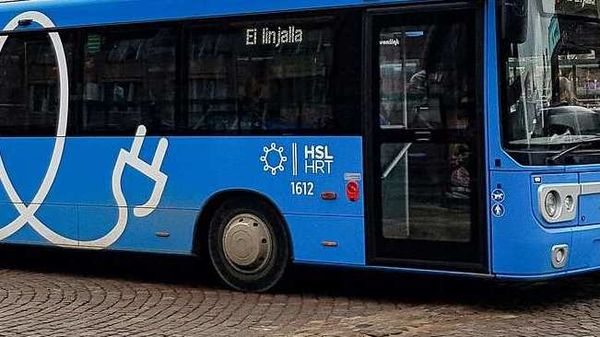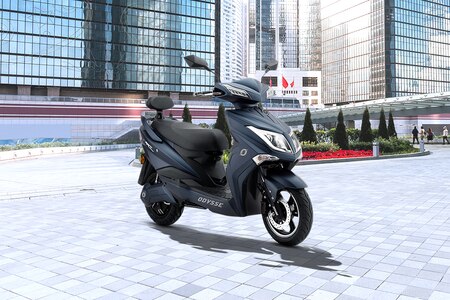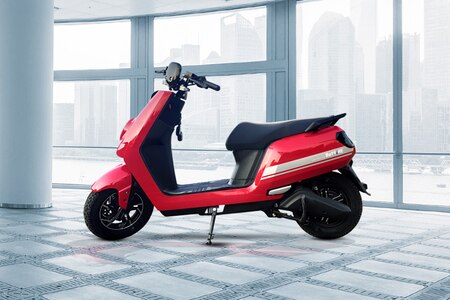IIT Madras to run electric bus pilot project for sustainable in-campus mobility


Top Indian institution IIT Madras has partnered with technology firm ABB Power Grids and automobile company Ashok Leyland to run an electric mobility pilot project on its campus.
The trio will run an electric bus for sustainable in-campus mobility of the students and staff of the institute. While Hitachi ABB will provide its innovative flash-charging technology - Grid-eMotionTM Flash, Ashok Leyland will provide the e-bus for the project. IIT Madras will host the infrastructure required to operate the flash-charging system for the e-bus.
Also check these Vehicles
Also Read : IIT Delhi retrofits vintage 1948 Volkswagen Beetle into an electric model
Hitachi's flash-charging system quickly charges the battery while passengers get on and off the bus. On places like highways where a charging facility is hard to find, an e-bus with this solution can reduce the need to take the vehicle out of service for recharging every few hours or having a replacement bus ready. "Combination of our robust buses with electric propulsion technology and flash charging..., can be the answer to the need for sustainable public transportation across the country," said N Saravanan, Chief Technology Officer at Ashok Leyland.
The flash-charging technology also helps minimize the size of the fleet while increasing passenger carrying capacity. It can save as much as 1,000 tons of carbon dioxide on a line covering 600,000 kilometers per year and saves 30% of the operating costs when compared to a diesel-transit system. This brings business value to operators and also helps the environmental cause.
Also Read : IIT Jodhpur, NHAI sign pact to share expertise for betterment of highways
Smart electric mobility is still at a budding stage in the country. While the government is trying to scale up the adoption of EVs here, the mass public transport segment is largely untouched. Though bus operators have tried switching to electric modes in the past, it has been challenging viz-a-viz the limited number of passengers they could carry and the running time.
However, something like a flash-charging technology could help address the issue and also improve the quality of environment through reducing pollution in densely populated urban areas. "The development of India's e-mobility charging infrastructure and increased deployment of e-buses is key to meeting the demand for sustainable transport solutions across India's rural and urban areas," said Bhaskar Ramamurthi, Director, IIT Madras.








 64.8 kWh
64.8 kWh 418 Km
418 Km














